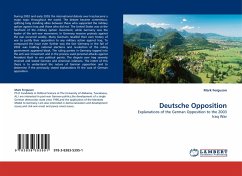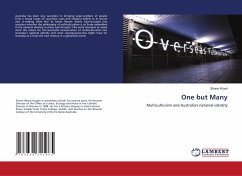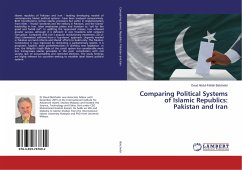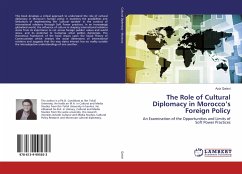During 2002 and early 2003 the international debate over Iraq became a major topic throughout the world. The debate became contentious, splitting long standing allies between those who supported the military option against Iraq and those who did not. The United States was at the forefront of the military option movement, while Germany was the leader of the anti-war movement. In Germany massive protests against the war occurred weekly. Many Germans recalled their own history of war to justify their opposition to any military action against Iraq. To compound the issue even further was the fact Germany in the fall of 2002 was holding national elections and re-election of the ruling government appeared bleak. The ruling parties in Germany tapped into the anti-war movement and in the process used personal attacks against President Bush to win political points. The dispute over Iraq severely strained and tested German and American relations. The intent of this thesis is to understand the nature of German opposition and to determine if the previously stated explanations fit the case of German opposition.
Bitte wählen Sie Ihr Anliegen aus.
Rechnungen
Retourenschein anfordern
Bestellstatus
Storno








